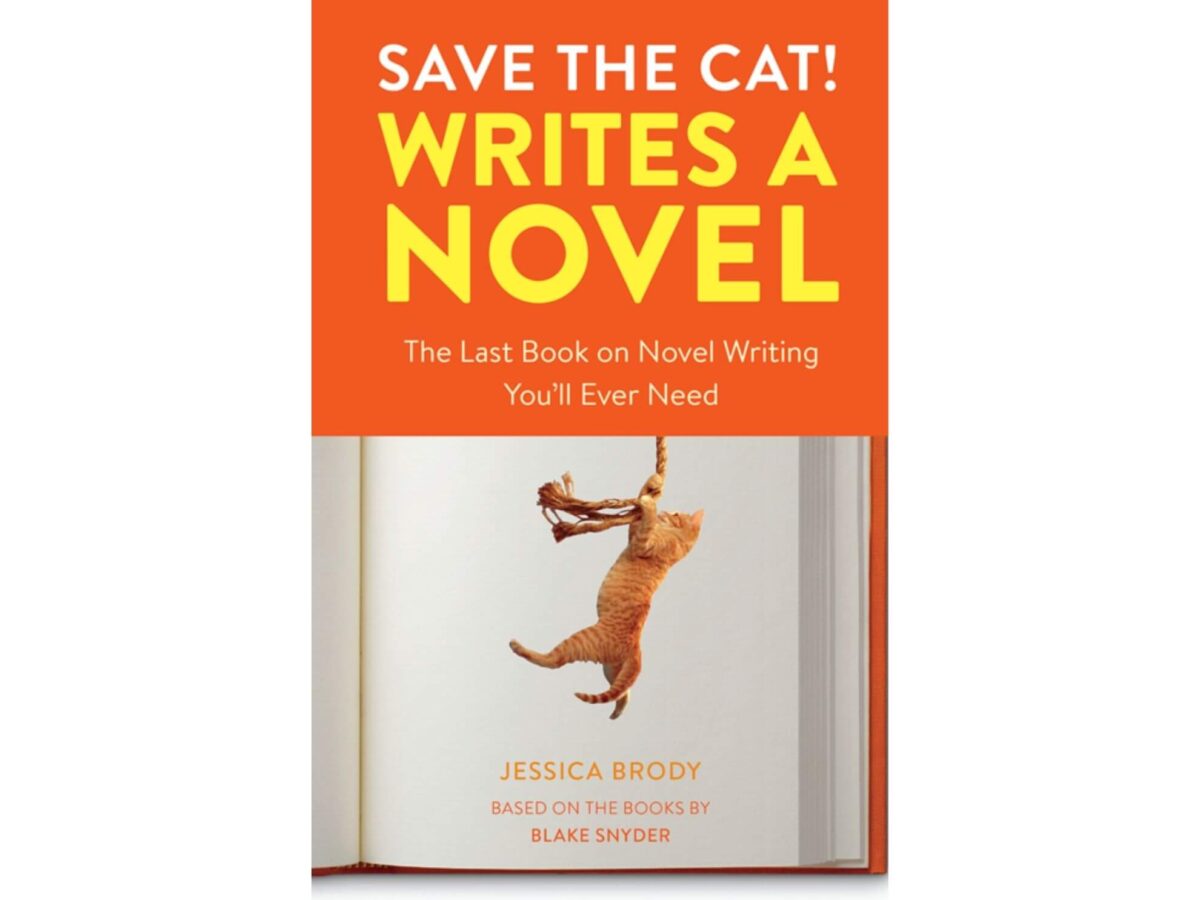I suck at plot. I suck at pacing. I have trouble knowing where things fit with each other, if I’m rushing or going too slow within different moments in a story. I’m not great at dialogue either. I’m probably good at half-baked ideas, strange characters, a sense of place, and mood. I’ve read quite a few books on writing, and they offer succor and humor, but very little concrete writing advice that would solve my writing problems. So I struggled on, with the elusive sense that there was probably a better way of doing things, if I could only figure them out and set them down. Many times I have thought, “I should re-read this book and take a deeper look at how the author put things together, what techniques were employed to make the story move and the reader care.” But I never did. I thought this with fun reads like The Da Vinci Code and The Hunger Games, and again recently while reading Madeline Miller’s superb take on Greek Myths, Circe. I noticed the happy, sad, happy texture to many Hollywood movies. But I didn’t quite get how to make sense of the whole writing thing, especially in the domain of my short stories.
Luckily, I came across Save The Cat! Writes a Novel, a book inspired by the very famous Save The Cat! book about writing screenplays. The first two chapters answered a bunch of questions I had that I hadn’t been able to articulate. Let me try a simile: It’s like I was able to read, but didn’t understand what letters, or vocabulary were, or how paragraphs should be formed, and now I do! I haven’t read much of Save the Cat! but I don’t think I need to, I just needed the overarching concepts.
It gave me the courage to try a bold experiment and pick up a story I wrote in 2013 called City of Love, which is my tribute to Philadelphia. I finally understood better what the story needed and how to give it a clearer ending that I found more satisfying (beforehand its ending was both kind of dark and had a sad fizzle.) So I sat down and in a short hour radically rewrote it. It’s not perfect, but it’s on a clearer path and I know what notes I’m interested in striking and how to make them sound. (This post was not sponsored by Save the Cat!, I just really appreciated its way of unveiling how satisfying story writing works.)
This also gave me a new way of looking at a memoir project I’m working on, and now plan to introduce my father into the story. Life is so enjoyable when you get the answers you need at last. So I’m feeling much more courageous this spring, and willing to dig through my voluminous archives and try to make all my set-aside stories into better stories that I am excited to send out in the hopes of publication. I’m feeling more courageous and more hopeful–my favorite combination. See, I just wanted to share some good news. Now I have to go back to the kitchen, and check on the five different vegetables I’m tackling at once.

2 replies on “Spring Tools, Spring Writing”
Oh Sylvie, I love reading your blog, especially this one about writing projects. I too have been working on a memoir, a project that tackles my quilts through the many years and posts we’ve lived in. I found the book called “One Bird at a Time” helpful when I couldn’t get started. Then one day I placed all the quilts on the beds and realized that a timeline appeared dating from my earliest to latest quilts. Now I have almost thirty chapters featuring not only photos of the quilts, but the stories behind each. I can showcase my quilt journey’s progress and, at the same time, describe, the Netherlands, Tunisia, Brazil and other places, along with my family’s actions and reactions.
Years ago I took a creative writing class by Dr. Donald Gallehr at George Mason University (Rebecca went to the day care center there). His class changed my writing in that he said “kill the English teacher inside you.” Write, write, write forgetting about punctuation, grammar, etc. Give it a day and then edit your writing. You may be left with only a paragraph of good material. You’re not writing for a college course with all the footnotes, etc. you are creating a story.
Good luck and much success and happiness.
Dot Clear (Rebecca’s mother)
Dear Dot, thank you so much for reading. I loved your anecdotes about your quilts. Fascinating how we locate ourselves in time so many different ways. I buy earrings in every city I visit to remember them by. “Kill the english teacher” is great writing advice! I think you’re referring to “Bird by Bird” by Anne Lamott which is a great book on writing, so inspiring, funny and encouraging. Thanks again for reading. I’m going to try to do this more often!